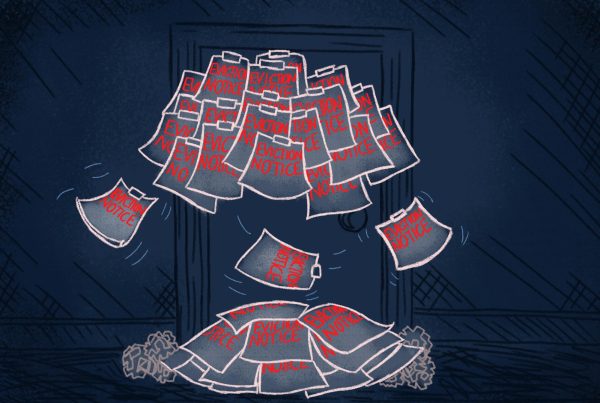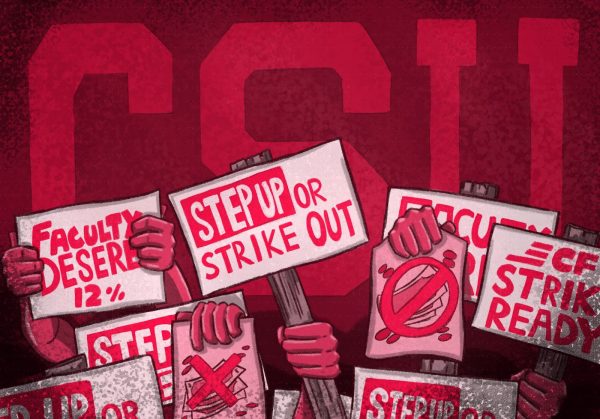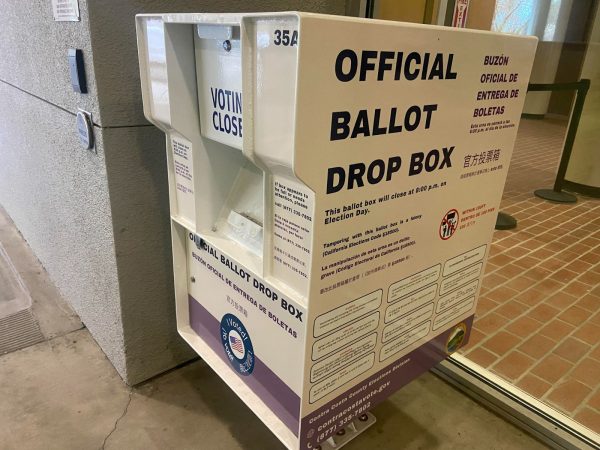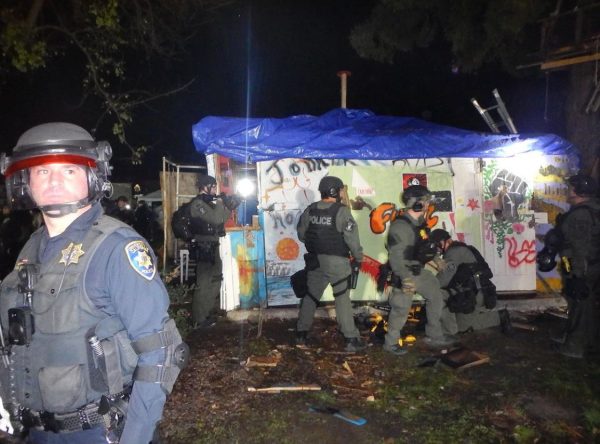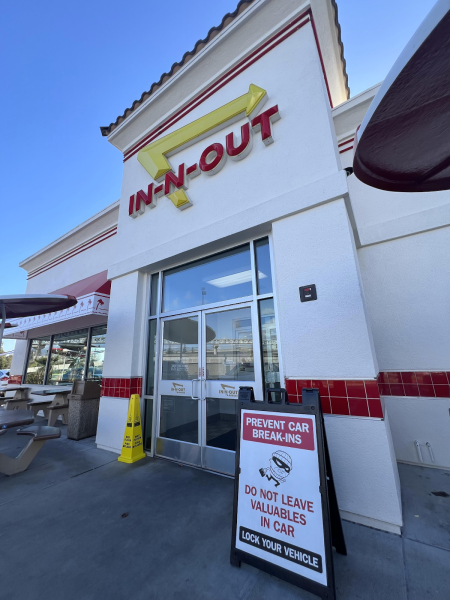California approves expanded restrictions on water use
April 15, 2015
Tighter restrictions on water usage are being implemented throughout California after state regulators announced new water conservation rules.
The regulations passed on March 17 by the State Water Resource Control Board and are aimed at homes and businesses throughout California, with a particular emphasis on ending excessive outdoor water usage, according to the SF Gate,
The State Water Resource Control Board is expanding emergency conservation regulations according to their website, which include limiting outdoor watering to two days a week, and fines of up to $500. In addition to limited outdoor use, restaurants and bars are only permitted to serve water upon request. The new rules also call for hotels to ask multi-night patrons if they want their sheets and towels laundered.
As California enters its fourth year of drought with little relief, we can expect to see further legislation to intensify water conservation efforts. Many Diablo Valley College students are concerned about the effects of the current drought.
Psychology major Aileen Semjan, 21, noticed the lack of water.
“I’ve always tried to be conservative with water,” she said. “I’m a snowboarder and, this year there wasn’t any snow so I was pretty disappointed.”
Other students such as 19-year-old Gabriel Panaramos were grateful the drought hasn’t affected Contra Costa County as hard as other districts.
“We’re pretty lucky we haven’t been affected as hard as other dryer counties,” Panaramos said. “It’s a pain as it is with the state in a panic for a while now.”
Yet some students didn’t agree with the changes made by the state. Semjan found the demands for restaurants to serve water only upon request a bad idea.
“Most restaurants should still ask even amid requests by the state,” Semjan said. “I worked in restaurants before, and we serve hundreds of glasses to customers.”
History major Cole White, 21, believes the issue should have been addressed properly long ago.
“This was preventable five years ago,” White said. “I work in irrigation, specifically with sprinklers, and there are no water limits in Los Angeles and Southern California. This is very similar to the 1974-1975 drought requests to empty pools and the like. There’s so much water we could have saved a week over time.”
The rules are expected to take effect during late May or early April during a 270-day emergency period, though some rules will be considered for permanent implementation.







































































